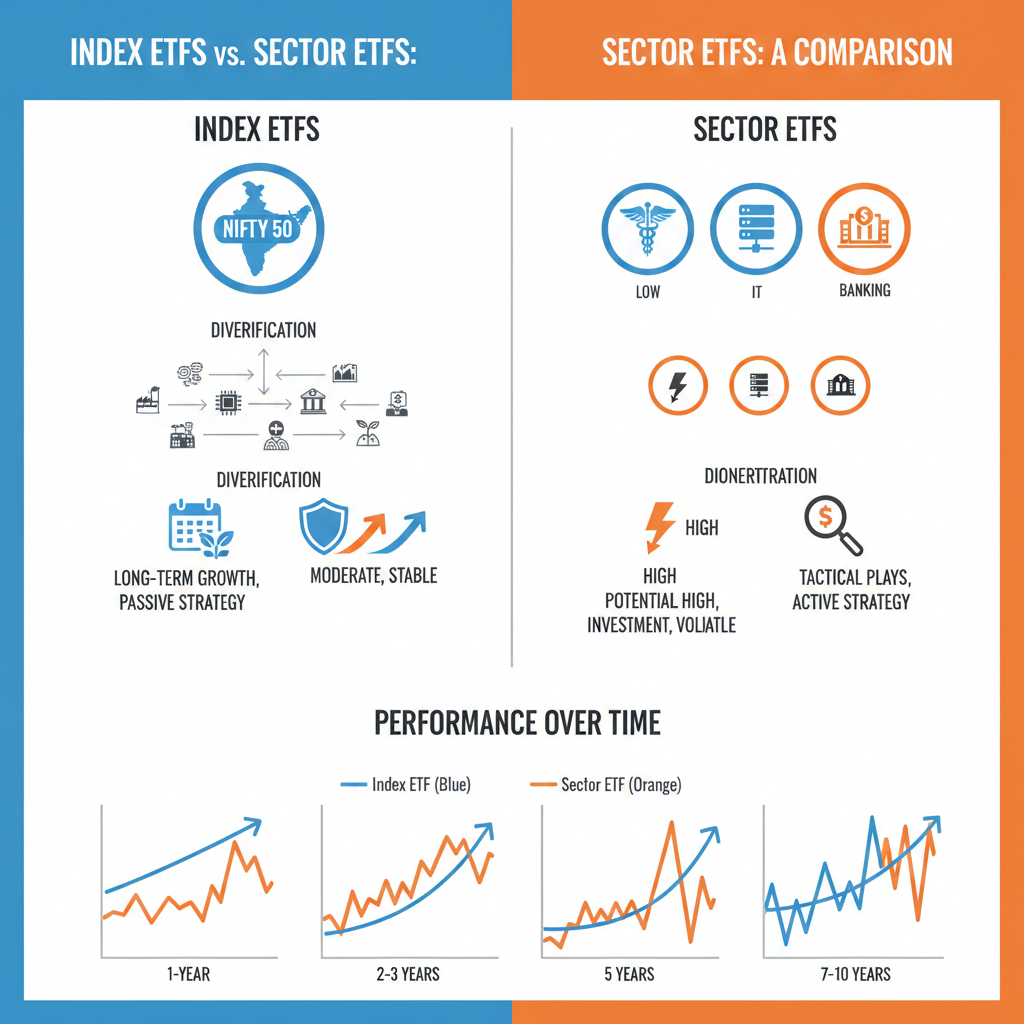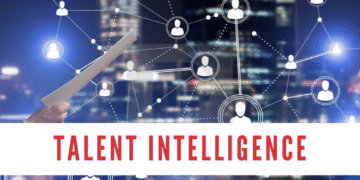Procurement has always been a critical part of business operations, especially for accounting and finance teams that need to manage budget, spending, compliance, and vendor payments. Today, organizations are moving toward AI-powered procurement to reduce manual work and improve financial accuracy. Modern businesses are adopting AI procurement workflows to streamline vendor evaluation, purchase approvals, and invoice management. With the help of tools like AI procurement workflows, finance teams can automate multiple tasks that once consumed hours of manual effort. These AI-driven systems also strengthen key functions of accounting, such as reporting, cost tracking, budgeting, and financial analysis, by offering real-time and error-free insights.
1. Traditional Procurement Challenges in Finance Departments
Procurement and finance teams often deal with many constraints, including:
- Manual vendor onboarding and paperwork
- Slow approval cycles that delay purchases and projects
- Mismatch between purchase orders, delivery receipts, and invoices
- Limited visibility into spending and contract compliance
- Human errors in invoice processing and payment verification
These challenges create financial risks, audit issues, and unnecessary expenses. As organizations grow, spreadsheets and email approvals no longer support efficient procurement operations.
2. Why AI is Changing Procurement
AI is transforming procurement in the same way automation transformed manufacturing. By bringing intelligence into workflows, organizations can:
- Predict future spending patterns
- Automatically detect invoice mismatches
- Improve vendor selection with data insights
- Accelerate approval cycles
- Reduce fraud and unauthorized purchasing
- Strengthen internal financial controls
AI helps finance teams move from reactive management to proactive strategy.
3. Key Benefits of AI Procurement Workflows for Accounting & Finance Teams
AI-driven procurement workflows bring major improvements across financial functions:
a. Automated Invoice Processing
AI can read invoices, extract data, match them with purchase orders, and prepare them for payment. This reduces manual data entry and speeds up vendor payments.
b. Stronger Spend Visibility
Finance leaders get real-time insights into spending by department, vendor, or project, which helps with better decision-making and budget control.
c. Reduced Errors and Fraud
AI flags suspicious transactions, pricing discrepancies, and duplicate invoices, helping maintain compliance and audit-readiness.
d. Faster Purchase Approvals
AI routes purchase requests to the right approver automatically, cutting long email chains and unnecessary follow-ups.
e. Better Vendor Performance Management
AI tracks vendor delivery timelines, pricing trends, and service quality, supporting stronger vendor relationships and better negotiation.
4. How AI Procurement Enhances Core Functions of Accounting
The role of procurement is closely linked to financial operations. AI-powered procurement supports and strengthens major accounting functions such as:
| Core Accounting Function | Impact of AI Procurement Workflows |
| Budgeting & Forecasting | Real-time spend data improves projections |
| Financial Reporting | Accurate, AI-generated insights reduce errors |
| Cost Management | Detects overpricing and prevents unnecessary purchases |
| Compliance & Audit | Ensures documentation, traceability, and policy adherence |
| Cash Flow Management | Predicts payment cycles and improves working capital |
AI procurement workflows help finance teams become more strategic by providing accurate financial data and reducing manual effort.
5. Real Use Cases of AI Procurement in Accounting and Finance
| Use Case | Example |
| Automated Approvals | CFO approves purchase orders directly from a mobile app with AI recommendations |
| Vendor Risk Assessment | AI scores supplier reliability before contract signing |
| Contract Compliance | AI alerts when pricing or terms deviate from contract |
| Audit Trail | Every procurement action is logged and traceable |
| Spend Analytics | Dashboards show detailed spend categories and cost-saving options |
These improvements help organizations protect financial resources and improve procurement outcomes.
6. Why Finance Leaders Should Adopt AI Procurement Now
Finance and procurement transformation is no longer optional. Organizations that delay AI adoption often face:
- Higher operational costs
- Compliance risks and audit difficulties
- Slow financial reporting cycles
- Vendor disputes and cash flow issues
- Lower negotiation power due to limited data
AI procurement workflows unlock strategic advantages that directly impact profitability and long-term sustainability.
Conclusion
AI procurement is reshaping the future of accounting and finance functions. By using AI procurement workflows, finance teams can eliminate manual processes, reduce errors, and gain real-time insights into spending and vendor performance. This technology enhances the functions of accounting, making financial reporting, budgeting, and compliance more accurate and reliable. Organizations that adopt AI-supported procurement processes are better prepared to control costs, improve supplier relationships, and drive smarter financial decisions.
As competition increases and digital transformation accelerates, businesses that modernize their procurement operations with AI will stay ahead. Now is the right time for finance leaders to shift from manual, paper-driven processes to an intelligent, automated procurement system that supports long-term growth and profitability.












































